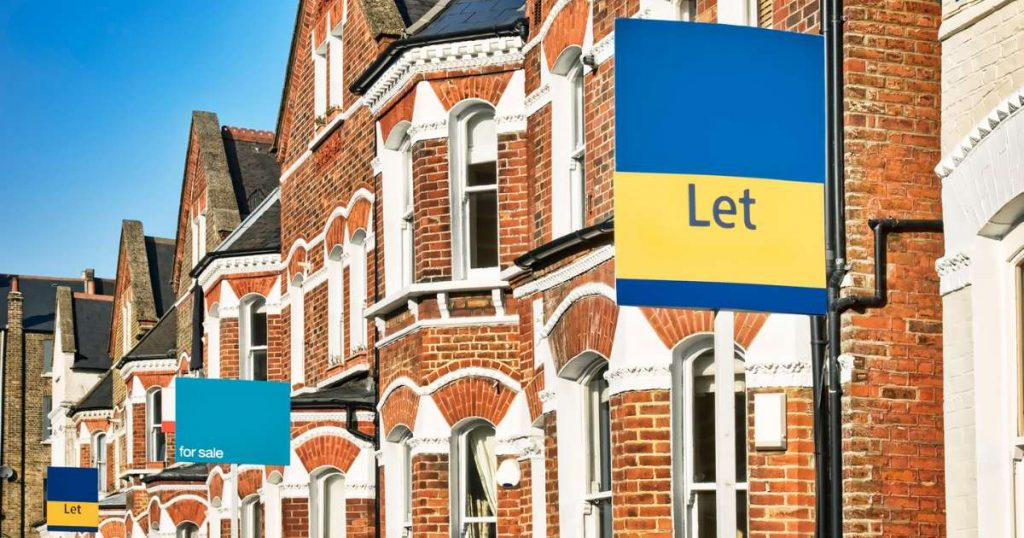How will Brexit affect the UK rental market?
There are millions of questions about life after Brexit buzzing around Britain’s heads, but one of the most concerning is how the UK’s departure is going to affect living costs. We’ve already been told house prices are stagnant: in June 2019, the average house price was £230,000, only £2,000 more than June last year. In London and the South East, prices are actually falling, and landlords are unsure how to react to these uncertain times.
Really, there’s not much we can say when it comes to predicting how the market will react after we leave the EU. With a no-deal Brexit looking ever more likely thanks to Boris Johnson’s prorogation of Parliament, limiting the powers of MPs to work towards a deal or an extension of Article 50, the financial future of the country is just one giant question mark. But as we look at recent trends, we can make some speculation around what to expect come the end of October (or whenever Brexit actually happens.)
Currently, uncertainty is the biggest factor in the fluctuation of rent prices: some landlords are increasing rents in preparation for the UK crashing out of the EU and to offset any potential issues, whereas others are maintaining prices to try and keep their tenancies intact. That seems to be a very personal choice: again, it’s all speculative and no-one can really say what the best option is.
There’s also a newly reduced demand for rental properties. A high proportion of the UK’s renters are EU migrants; yet after the referendum EU immigration decreased, and this may continue post-Brexit as citizenship and border control laws change. This is likely to have more of an impact in places with a bigger reliance on an EU workforce, whether that’s coders in London or agricultural and factory workers in more rural areas.

Plus, house prices are stagnating or even falling (particularly in London and the South East) allowing more people to get out of the rental market and onto the property ladder. This could be amplified by a no-deal Brexit: house prices could crash by up to a fifth if a deal with Brussels isn’t in place by 31st October. With demand for rental properties falling, rents could decrease as landlords have to get more competitive.
If you live in London, you’re actually poised to come off best from this mayhem – finally some good news for those of us being crippled by London rents! Rent price growth in London is almost 3% lower than the projected rate of growth since the 2016 referendum announcement, The Guardian found. That means tenants could be saving as much as £1,800 in rent – partly because of the reduction in EU migrants, as I mentioned, but also due to people being priced out of the capital and moving to other, more affordable UK cities. So hold tight, Londoners – the best could be yet to come.
The main message of this discussion is that the post-Brexit rental market is highly unpredictable. Signs do point to renters being slightly better off as rent prices could fall for a variety of reasons, but it’s hard to hold out too much hope. Landlords could be putting up rents to offset the uncertainty, or reducing them because they’re losing a lot of valuable EU-national tenants to new immigration restrictions. As with everything else Brexit-related, all we can really do is sit tight, cross our fingers and hope for the best – and brace ourselves for the potential of more uproar to come!


